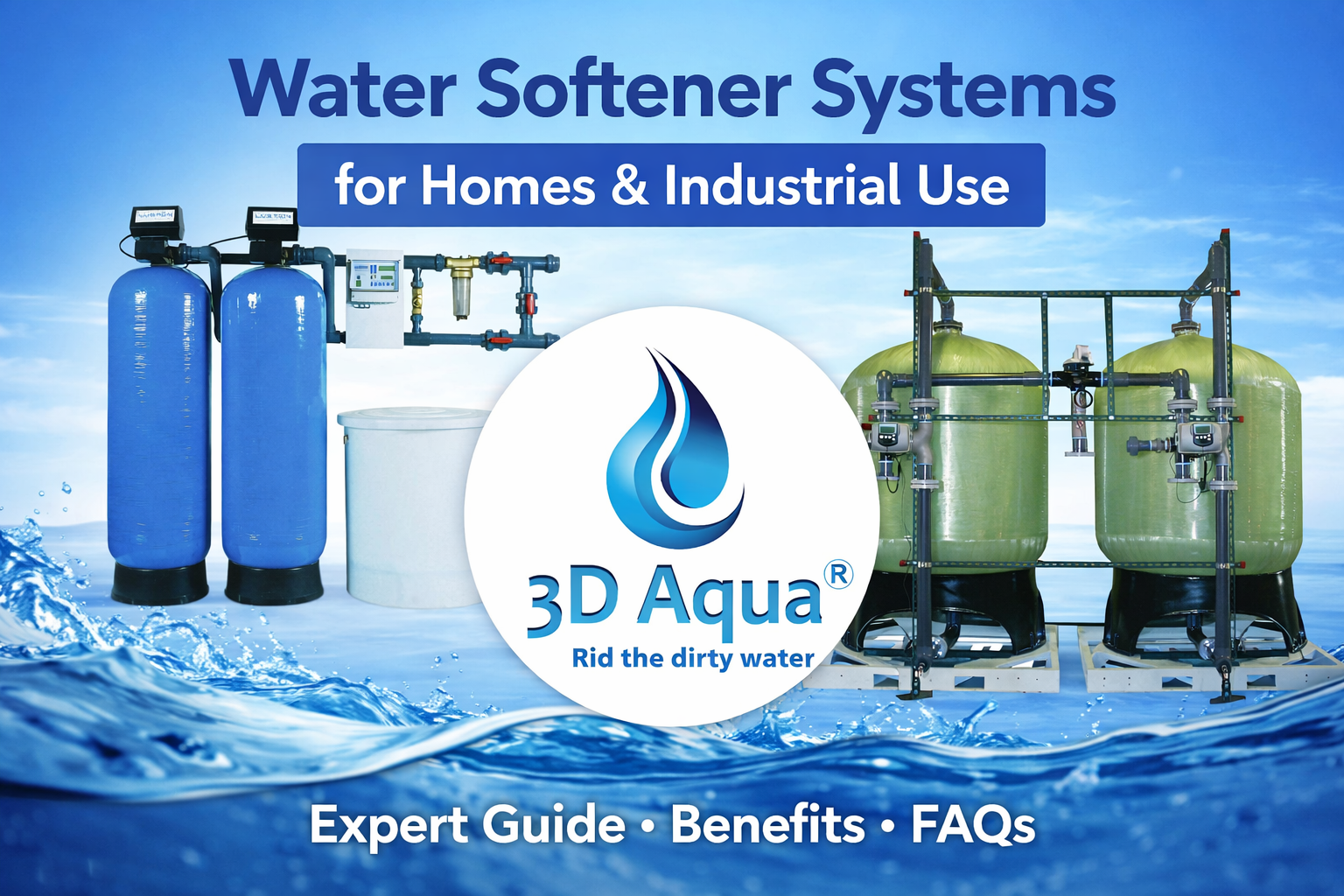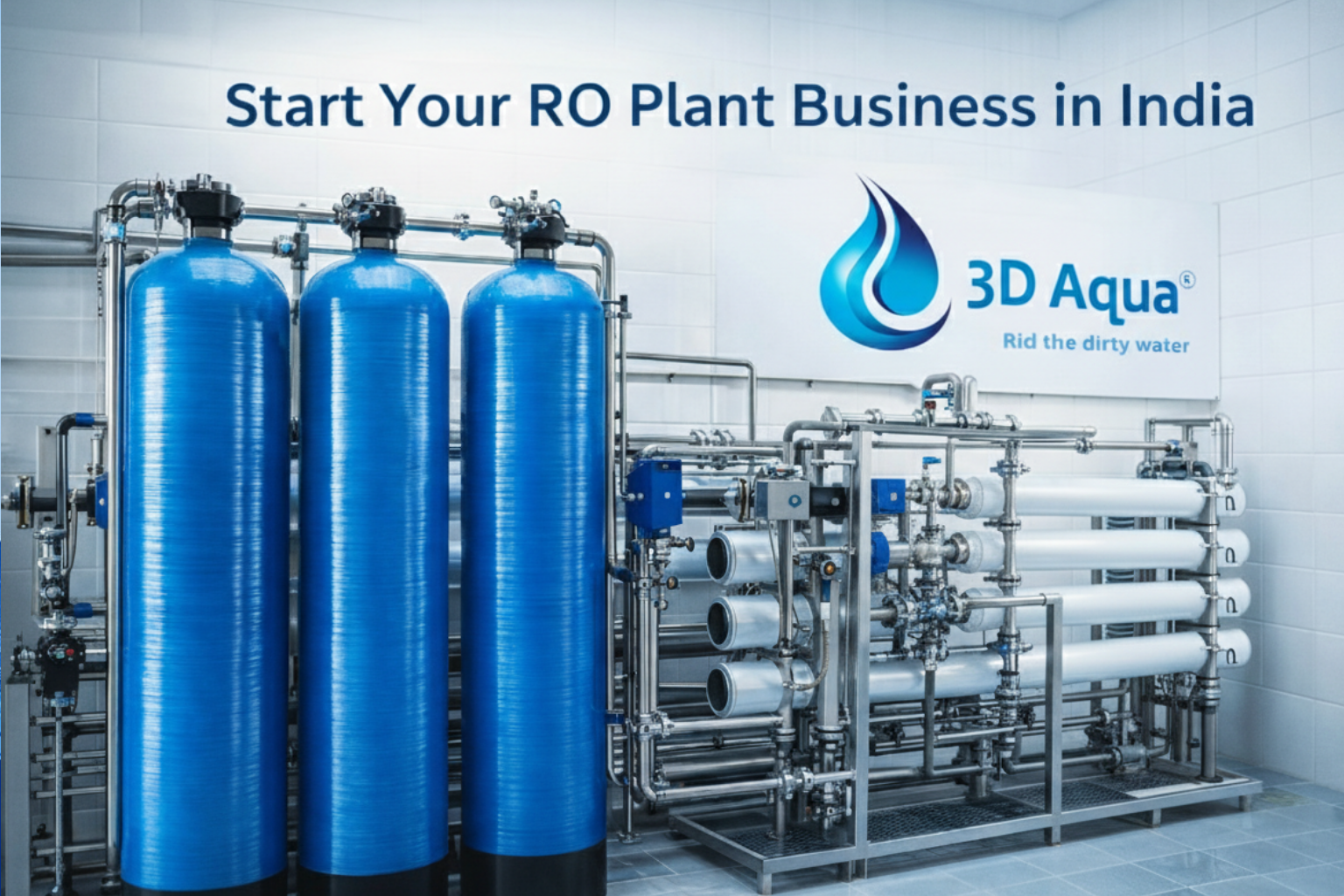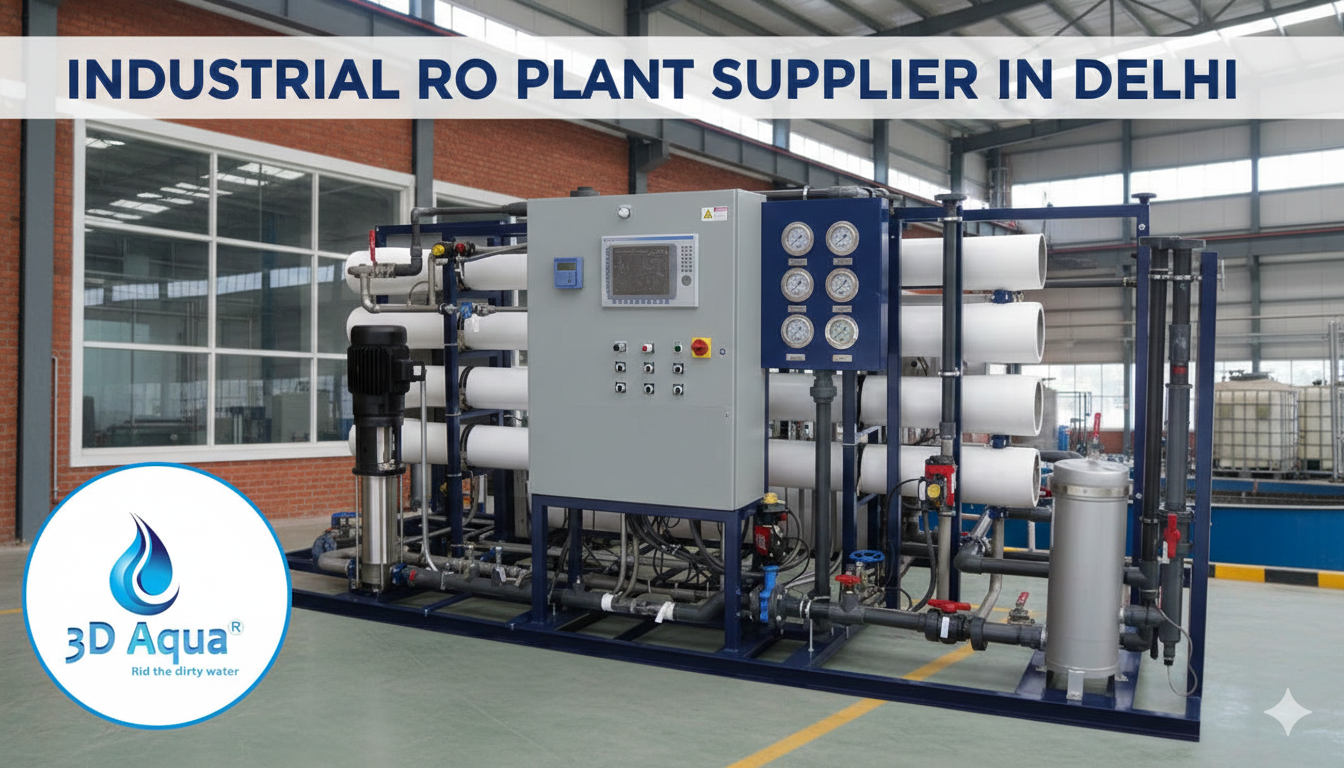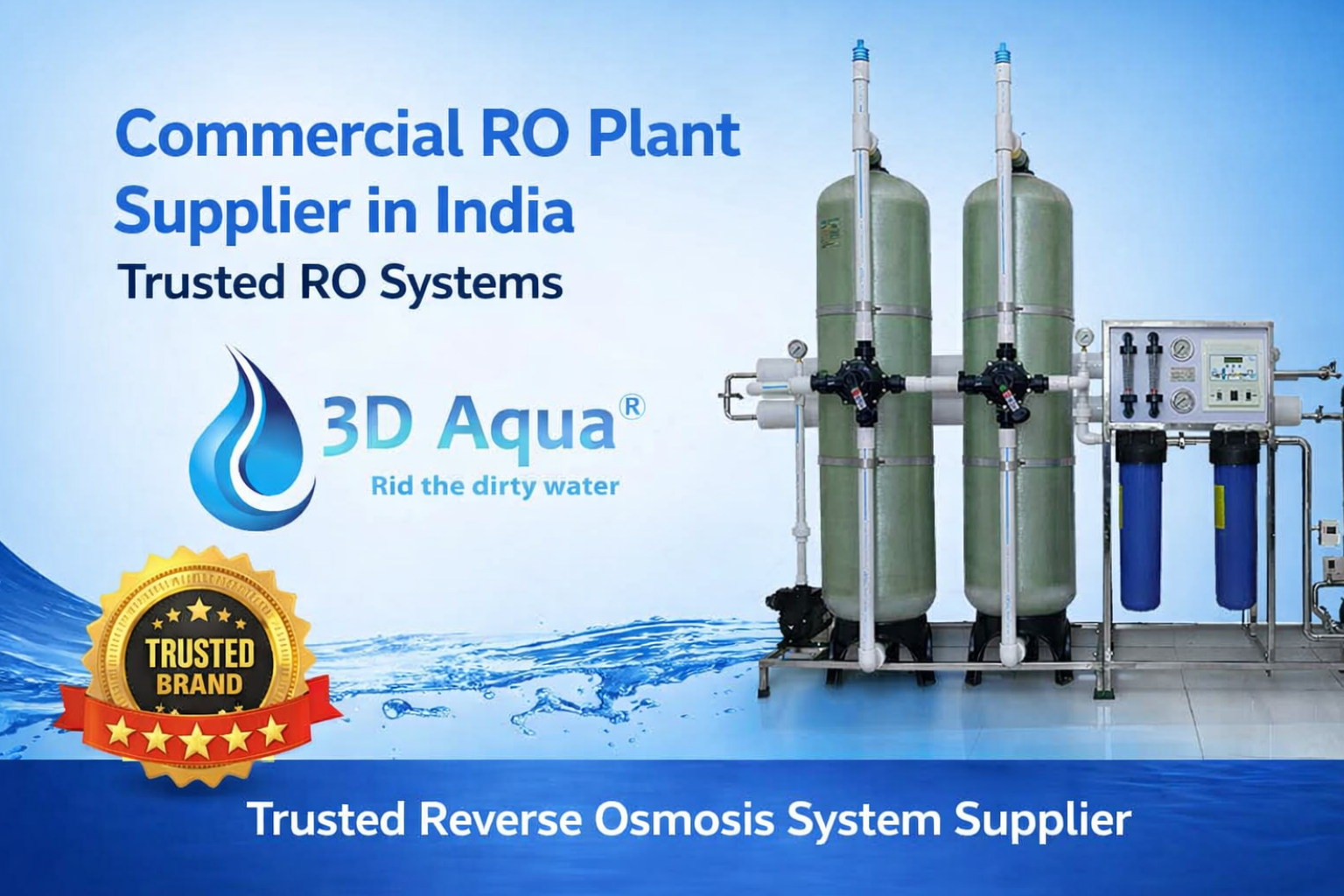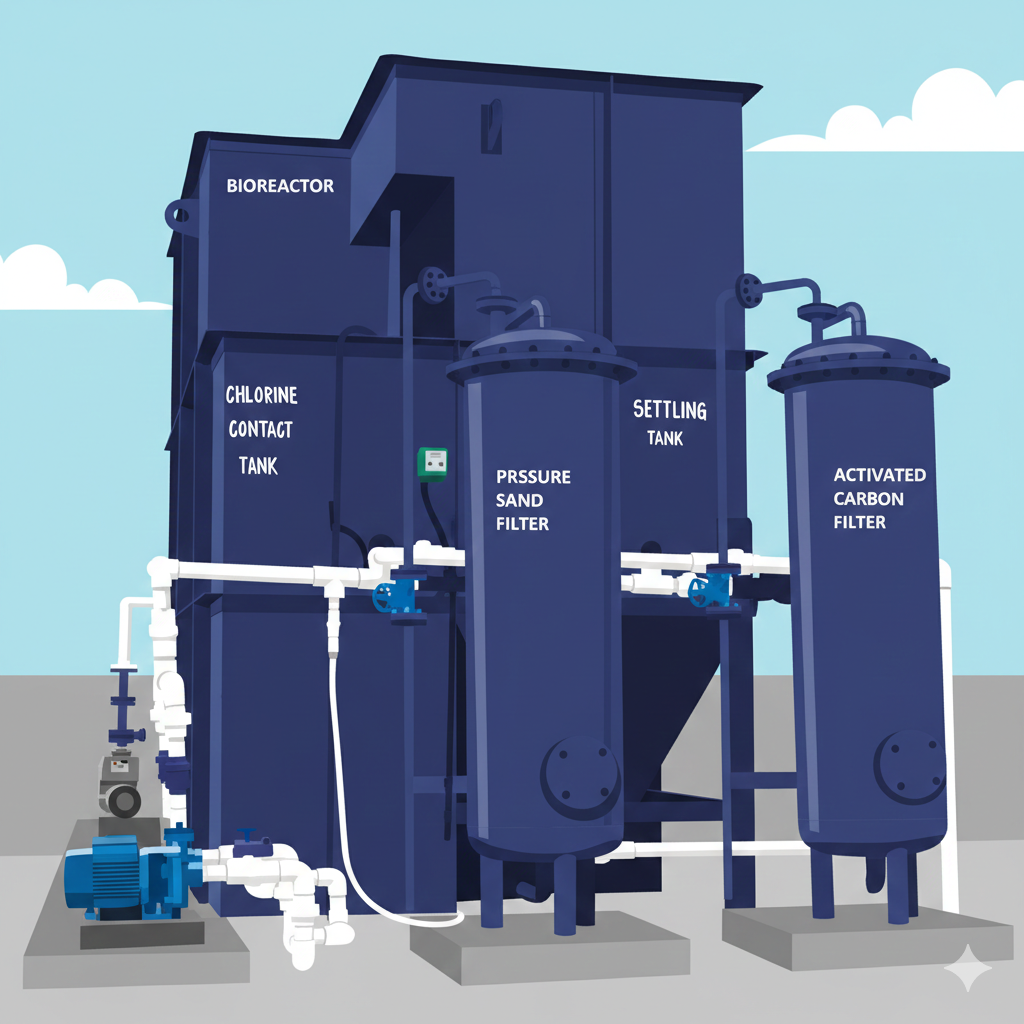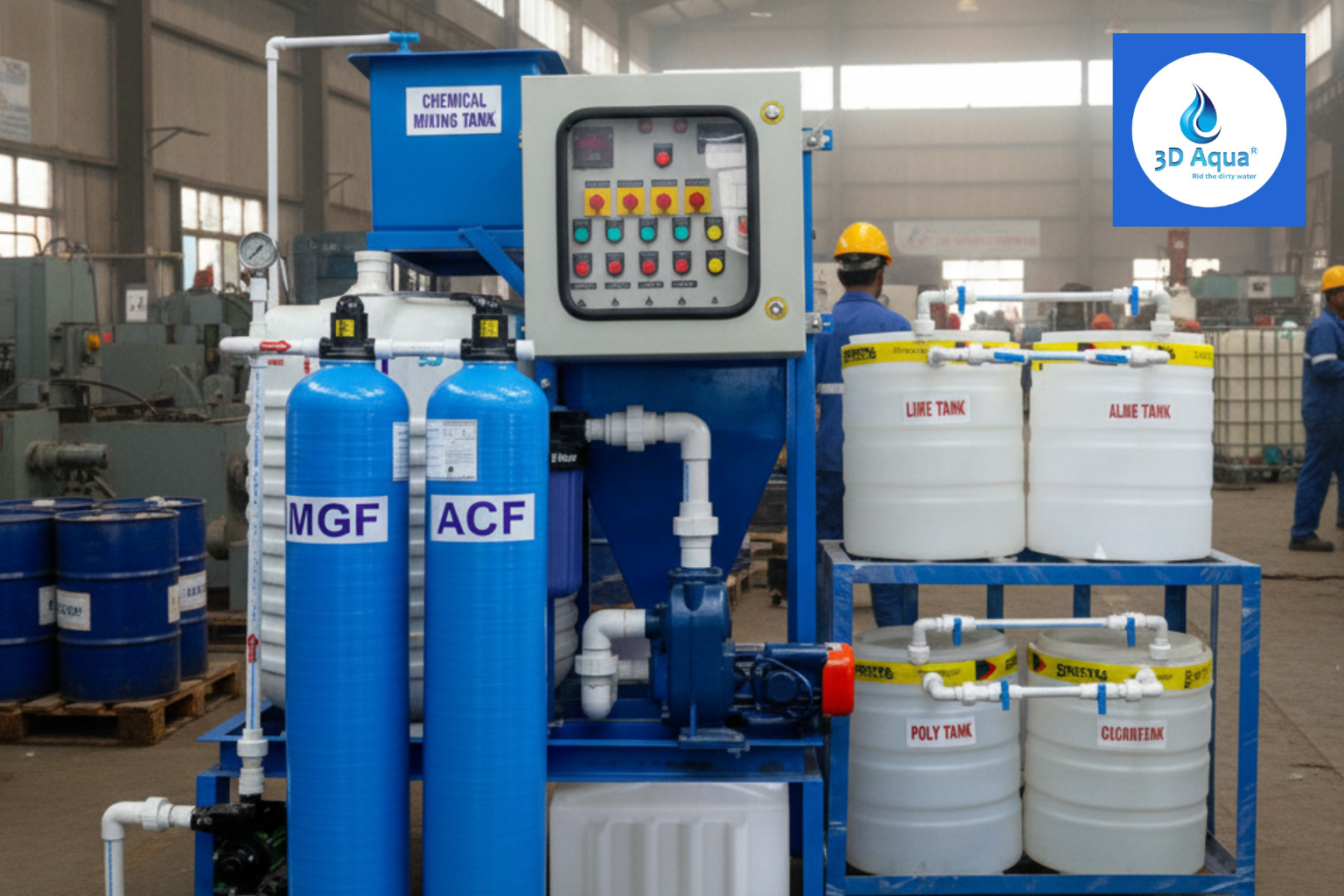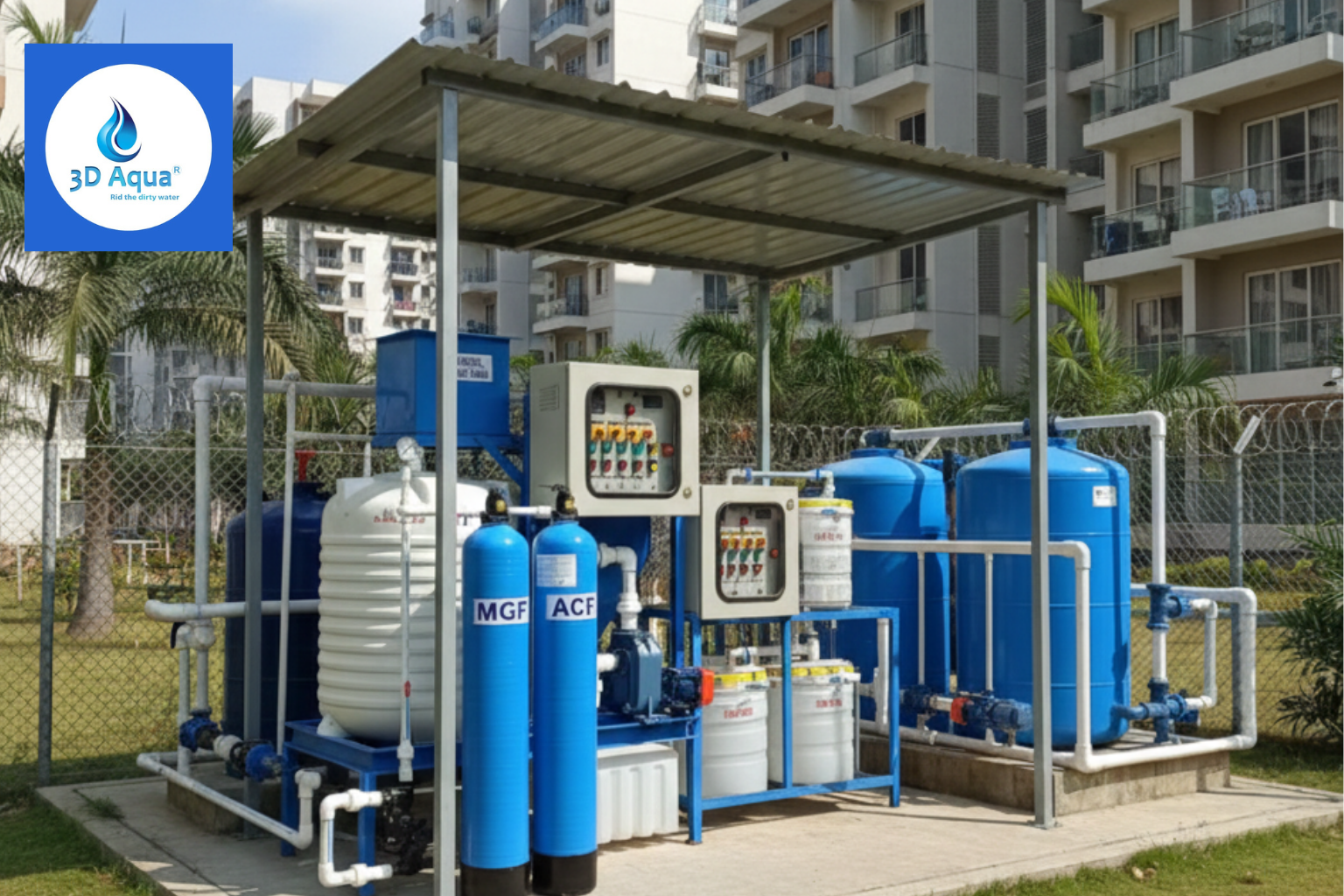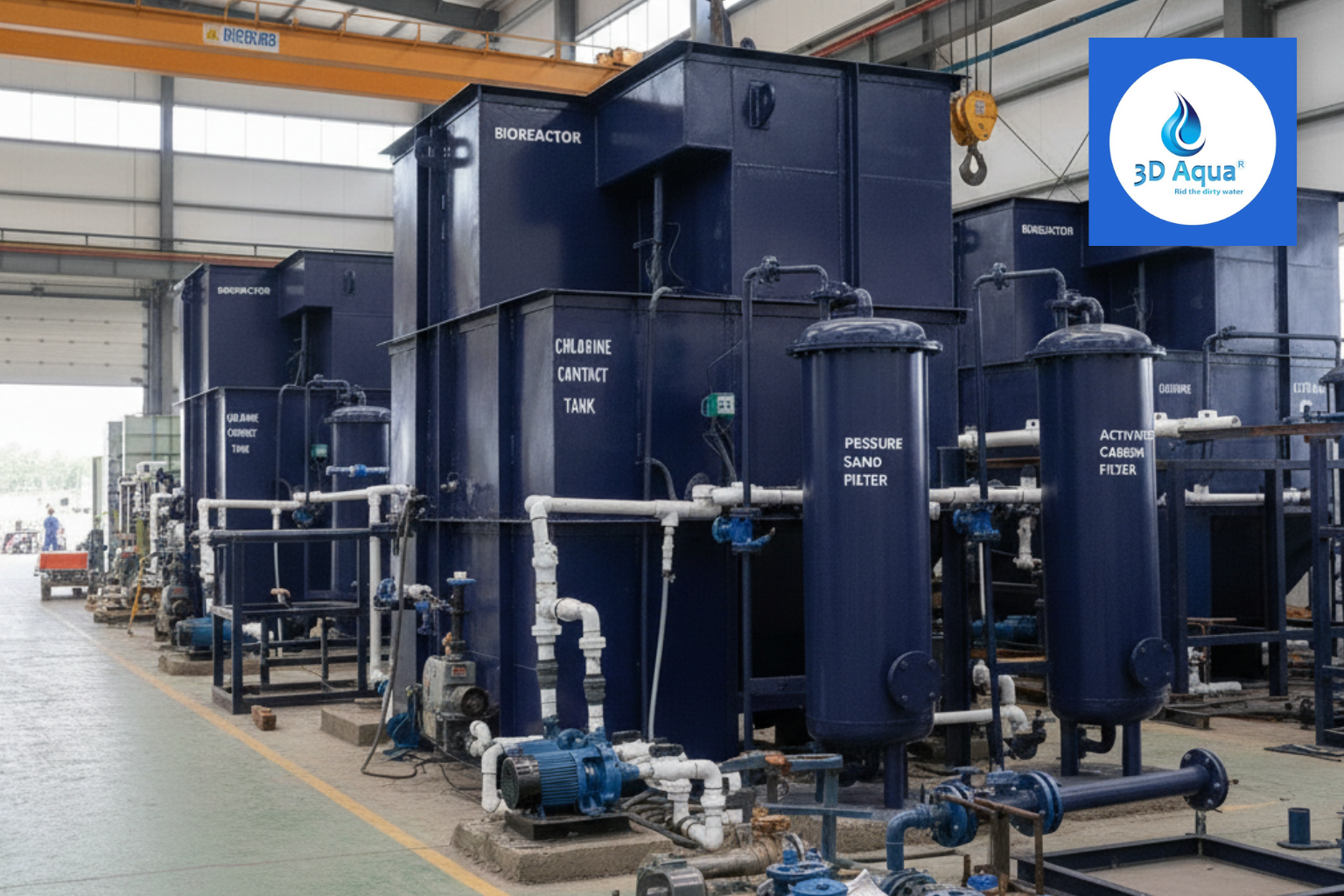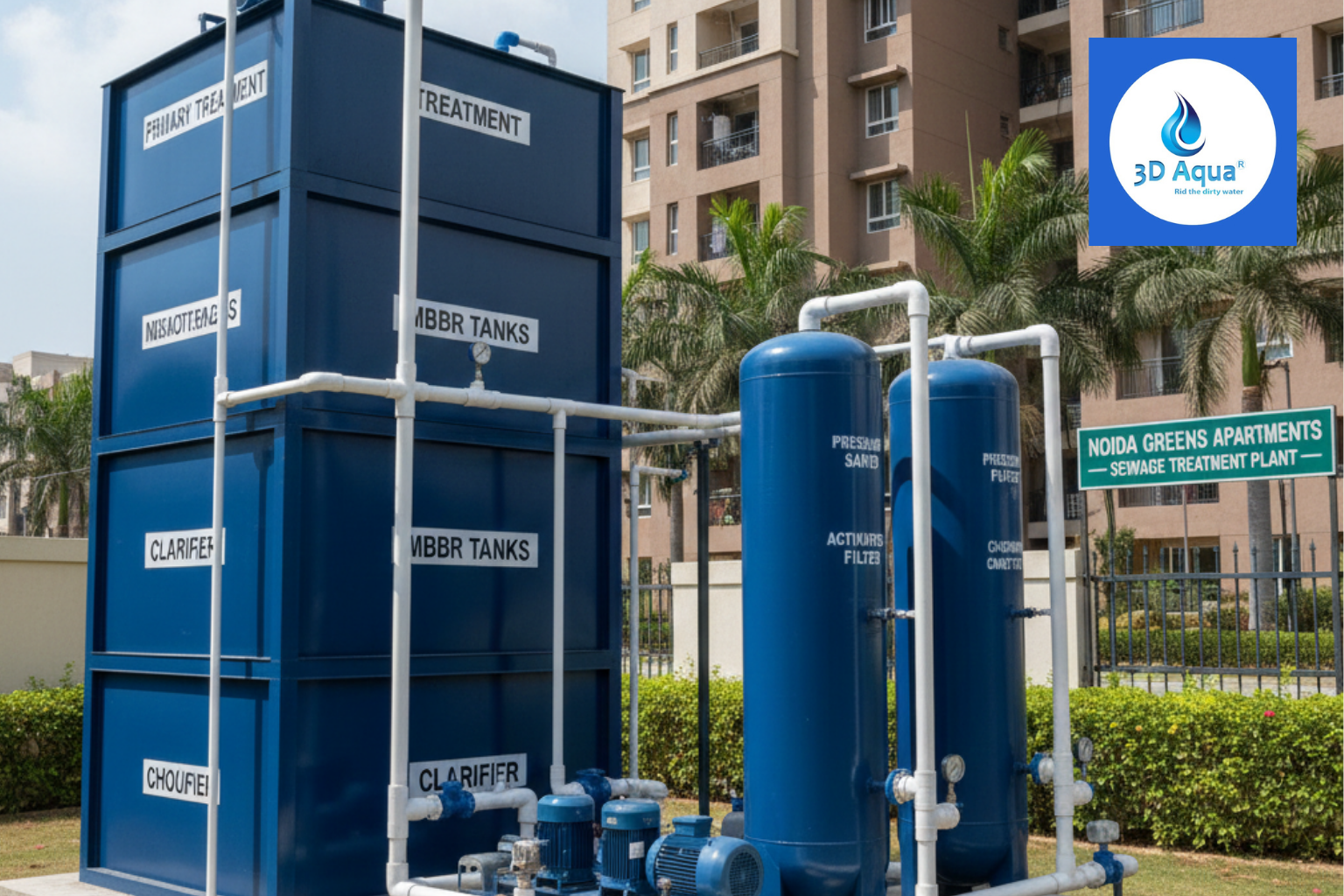Water Softener Systems for Homes & Industrial Use
Hard water is a common problem in many parts of India. It contains high levels of calcium and magnesium, which cause scaling in pipes, damage appliances, reduce soap efficiency, and affect industrial machinery. A water softener system removes hardness minerals and improves water quality for residential and industrial use. In this guide, we will cover … Read more

